Our Team
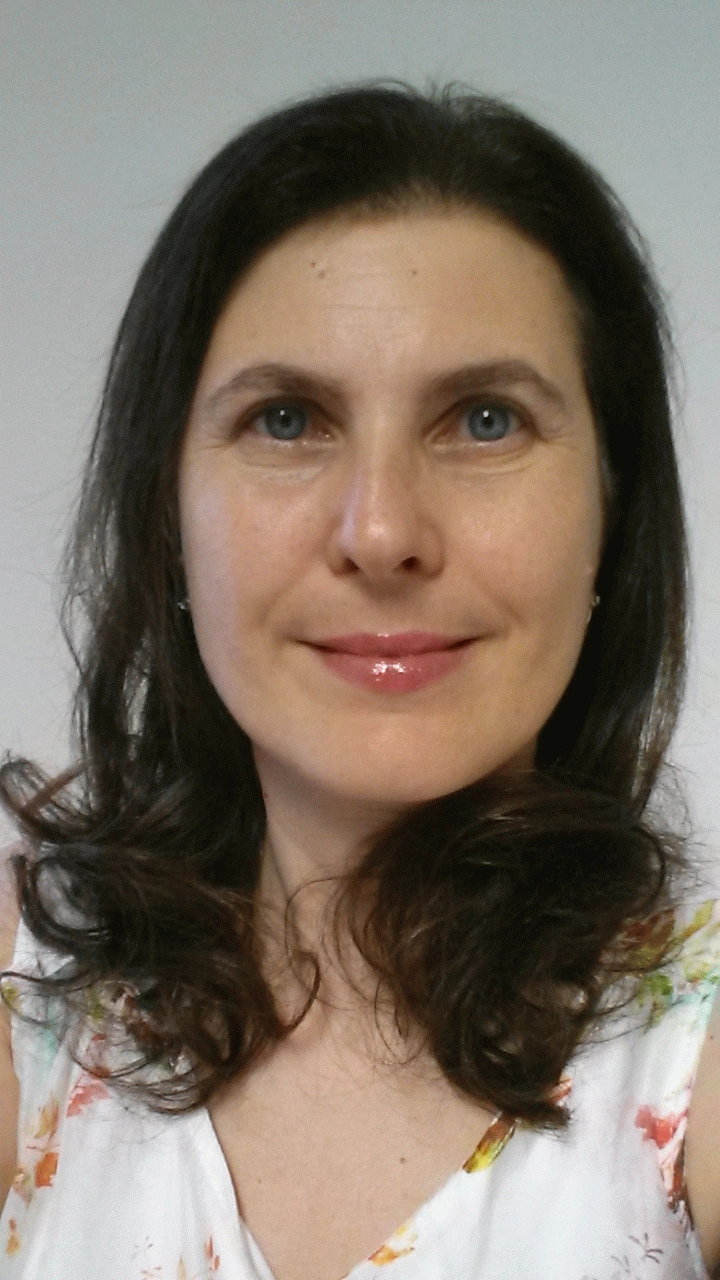
Monica Palmirani
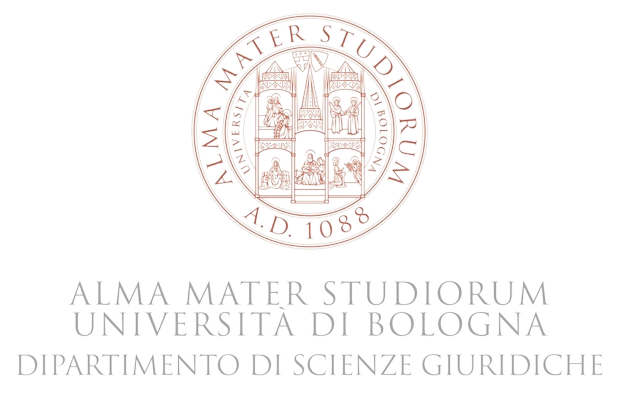
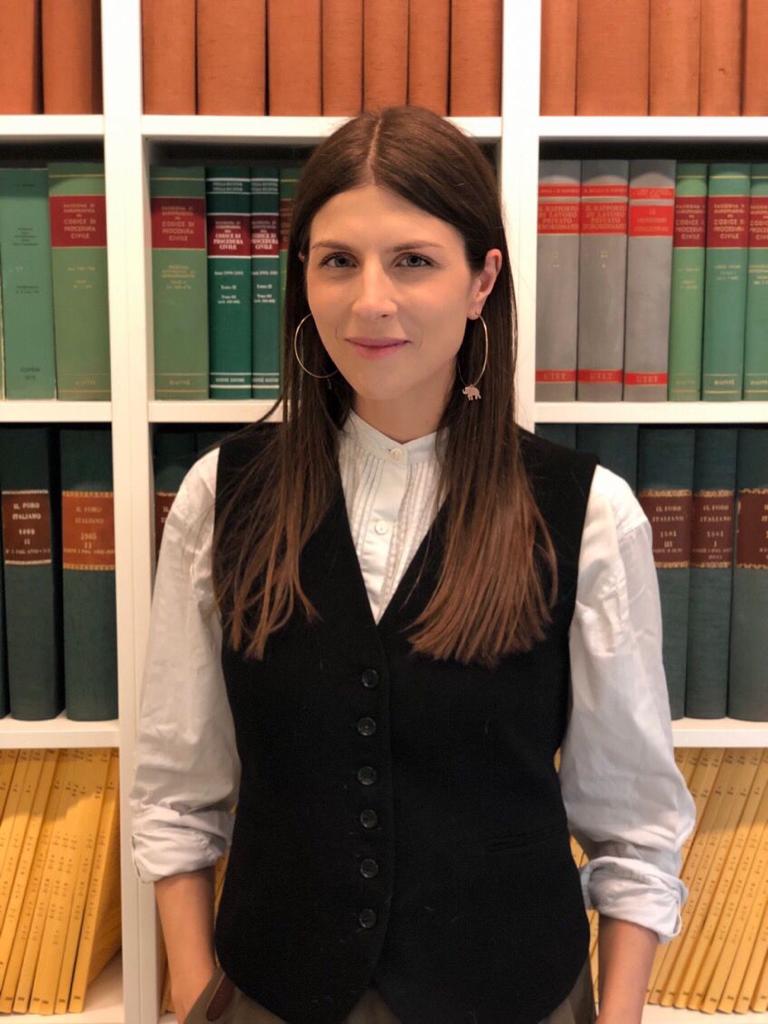
Giorgia Berrino

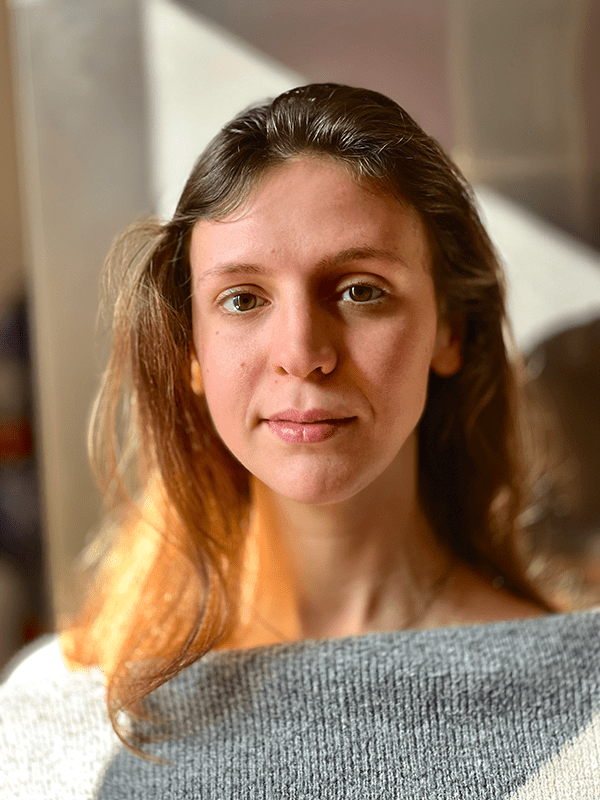
Chiara Catizone

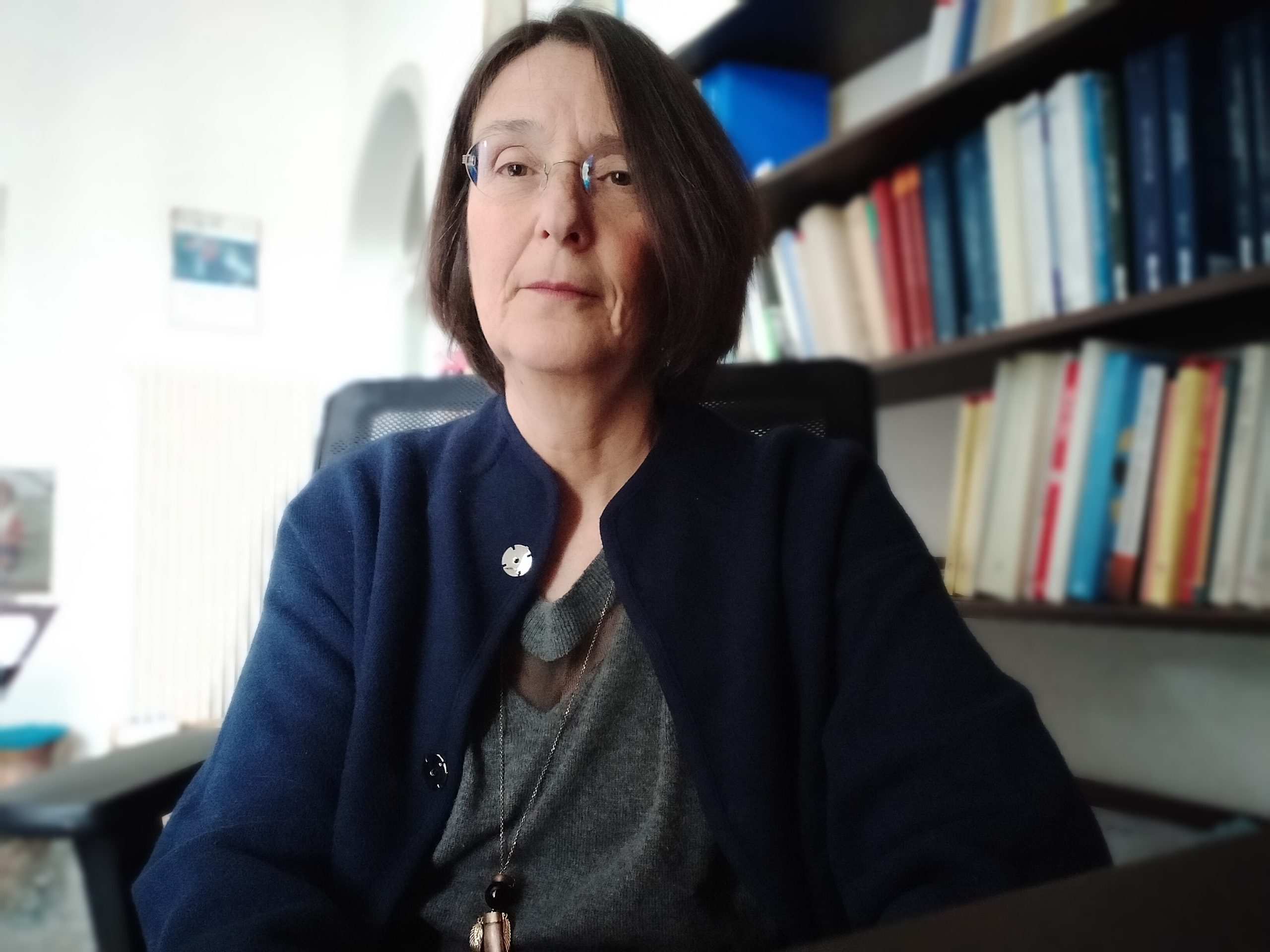
Francesca Curi

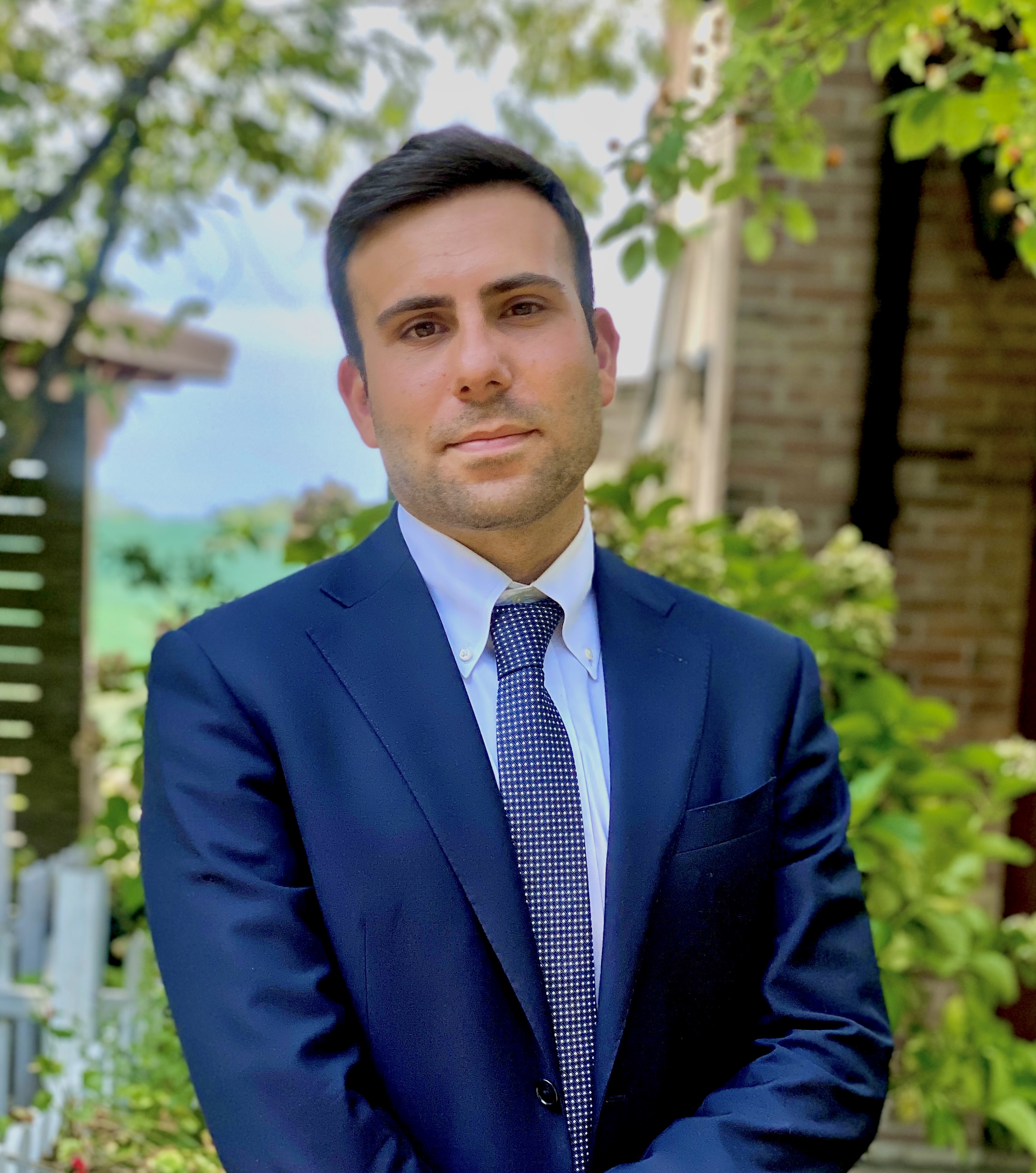
Salvatore Sapienza


Maria Rieger


Giulia Venditti

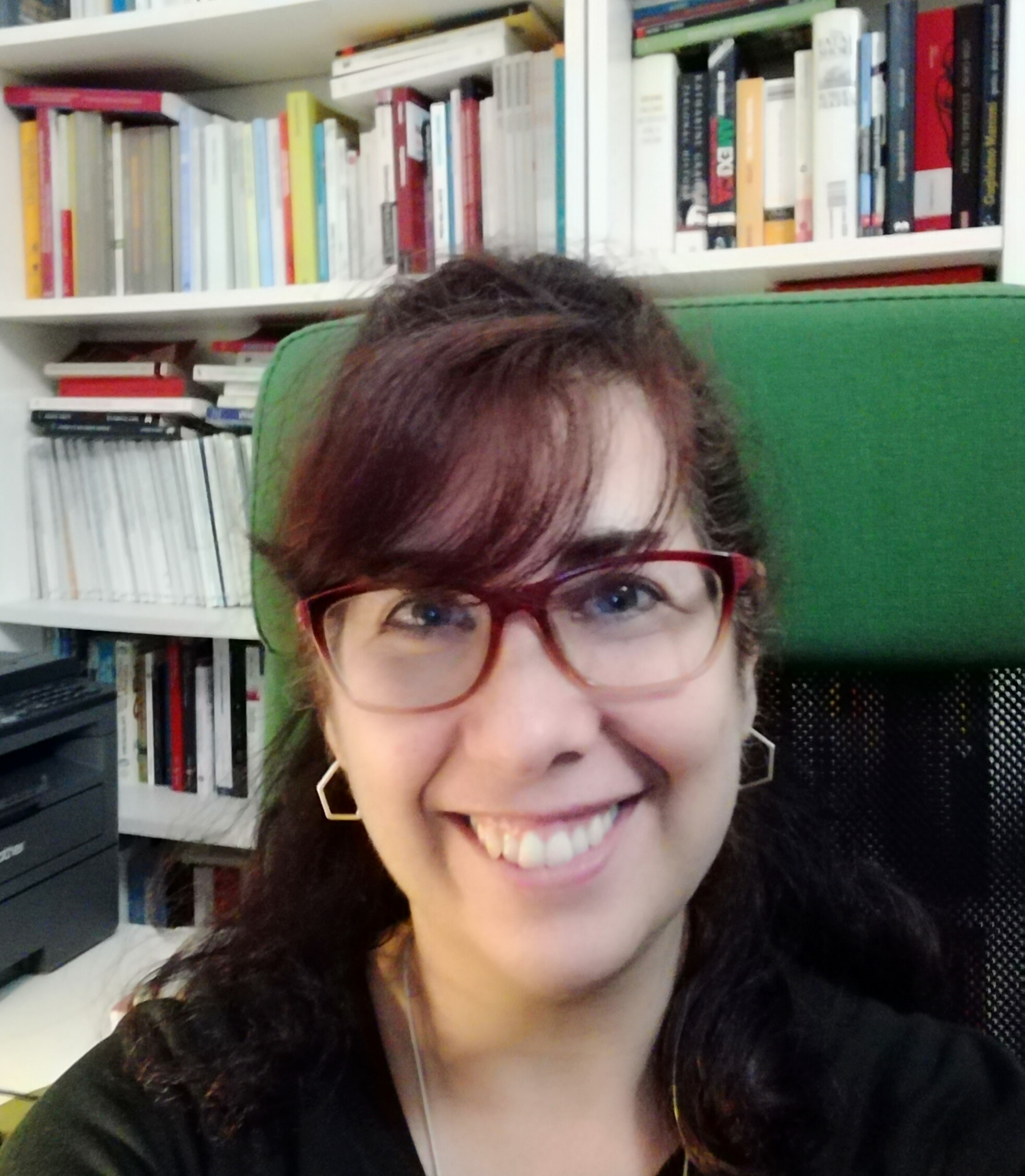
Ana Pano Alaman


Giovanni Boccia Artieri

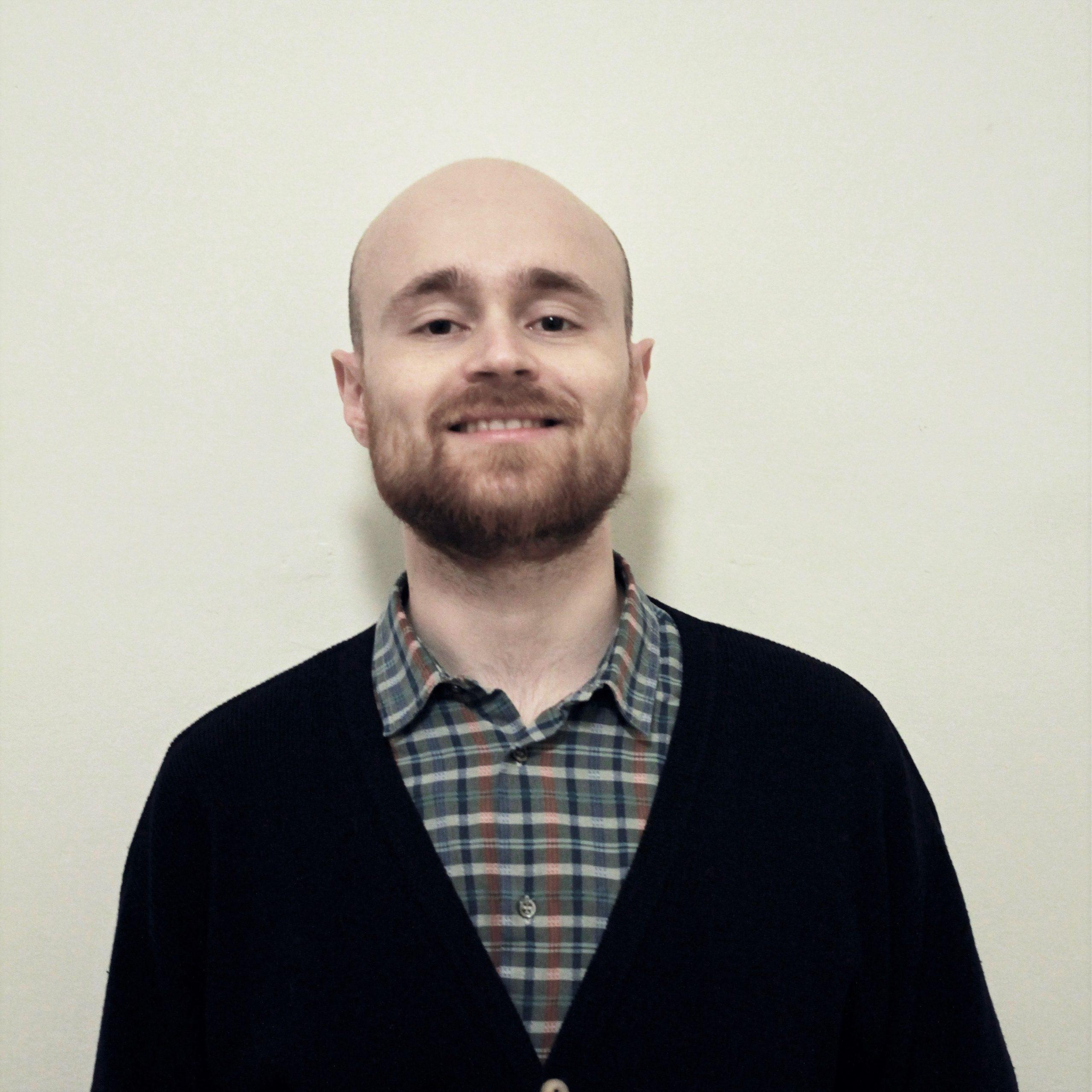
Stefano Brilli
Stefano Brilli is a Research Fellow at the Department of Communication Sciences, Humanities and International Studies (DISCUI) of the Università degli Studi di Urbino Carlo Bo, where he works on research projects on digital cultures and performing arts audiences. His research interests focus on irreverence and celebrity in digital culture, performing arts audiences and the sociology of the arts. He has recently published: YouTube Freak Show: Fama e derisione alle soglie dell’influencer culture (FrancoAngeli 2023); Theatre without theatres: Investigating access barriers to mediatized theatre and digital liveness during the covid-19 pandemic in “Poetics” (with L. Gemini and F. Giuliani 2022).

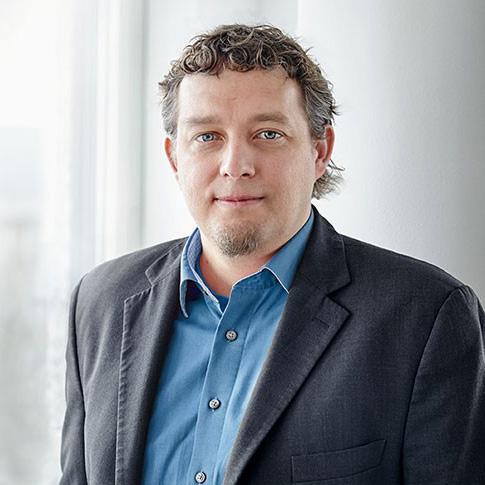
Adrain Paschke

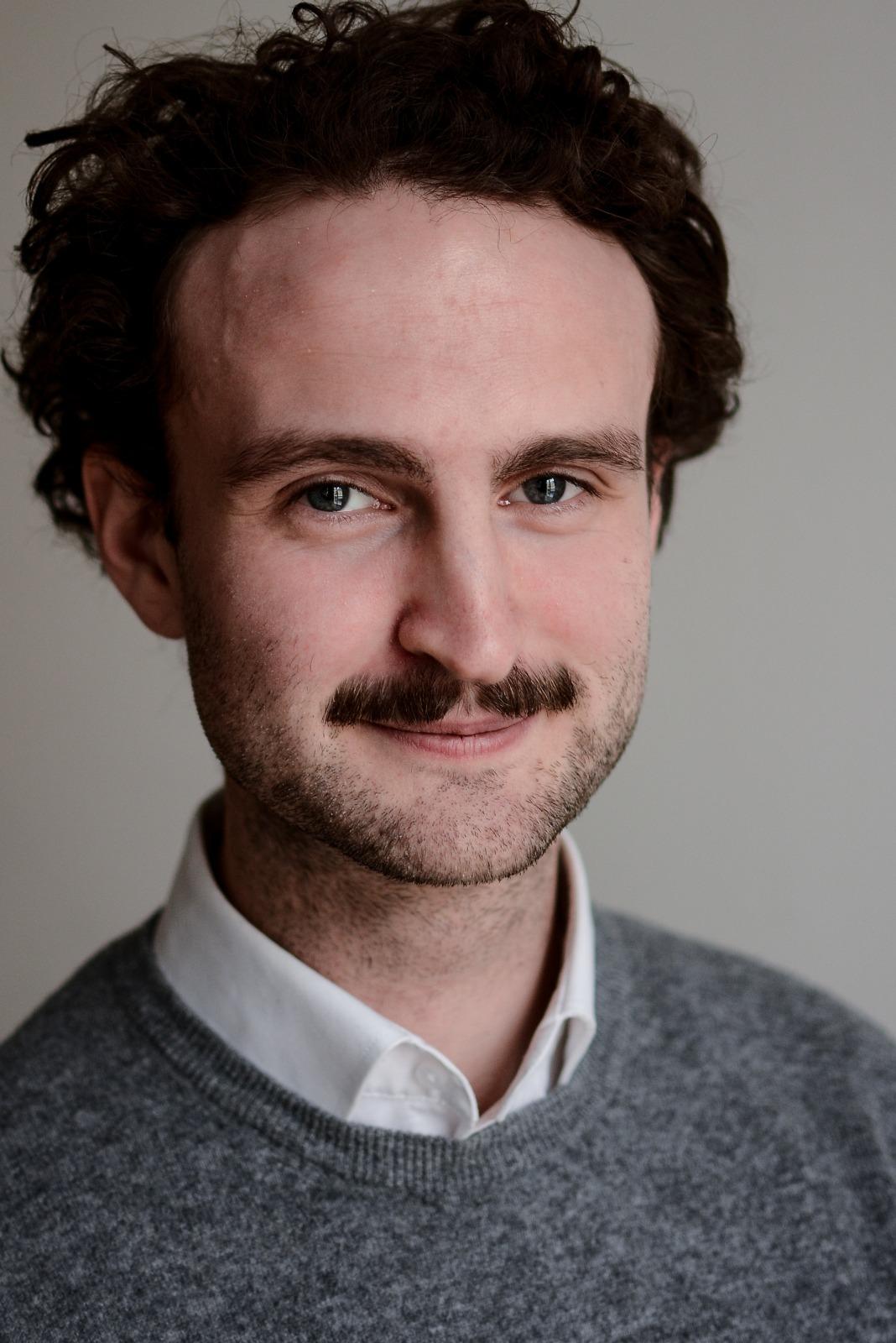
Jan Fillies


Rukhshanda Shahid
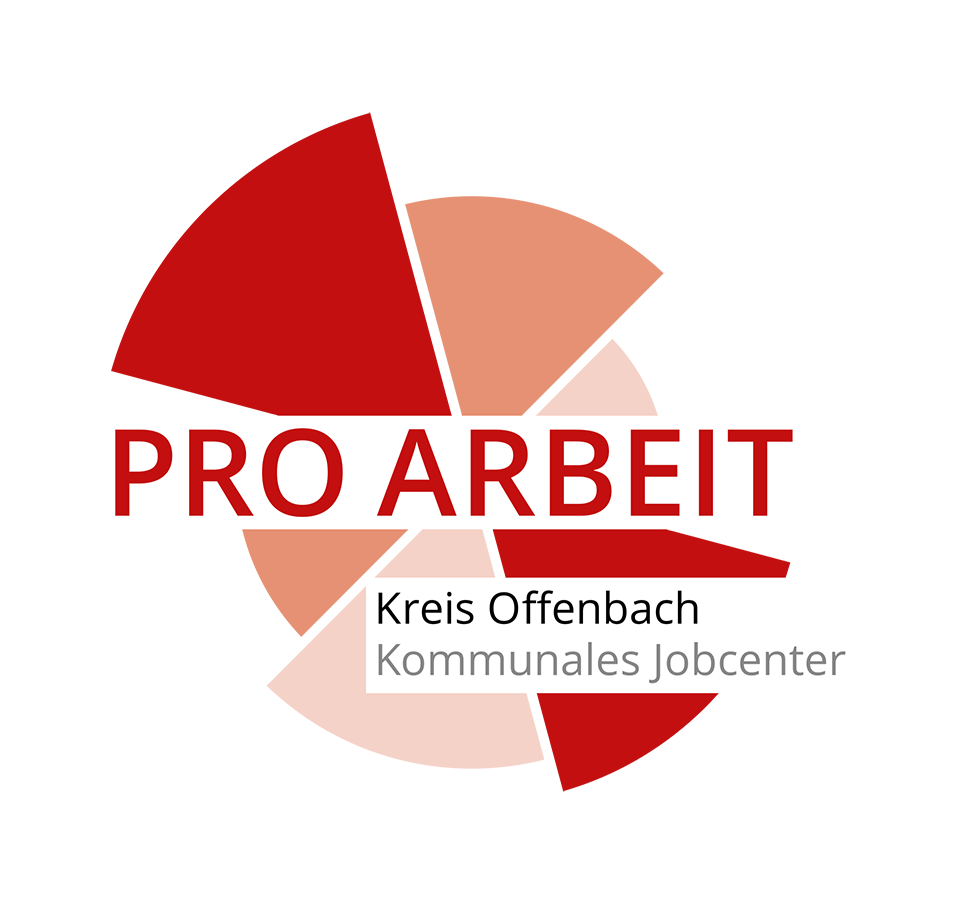
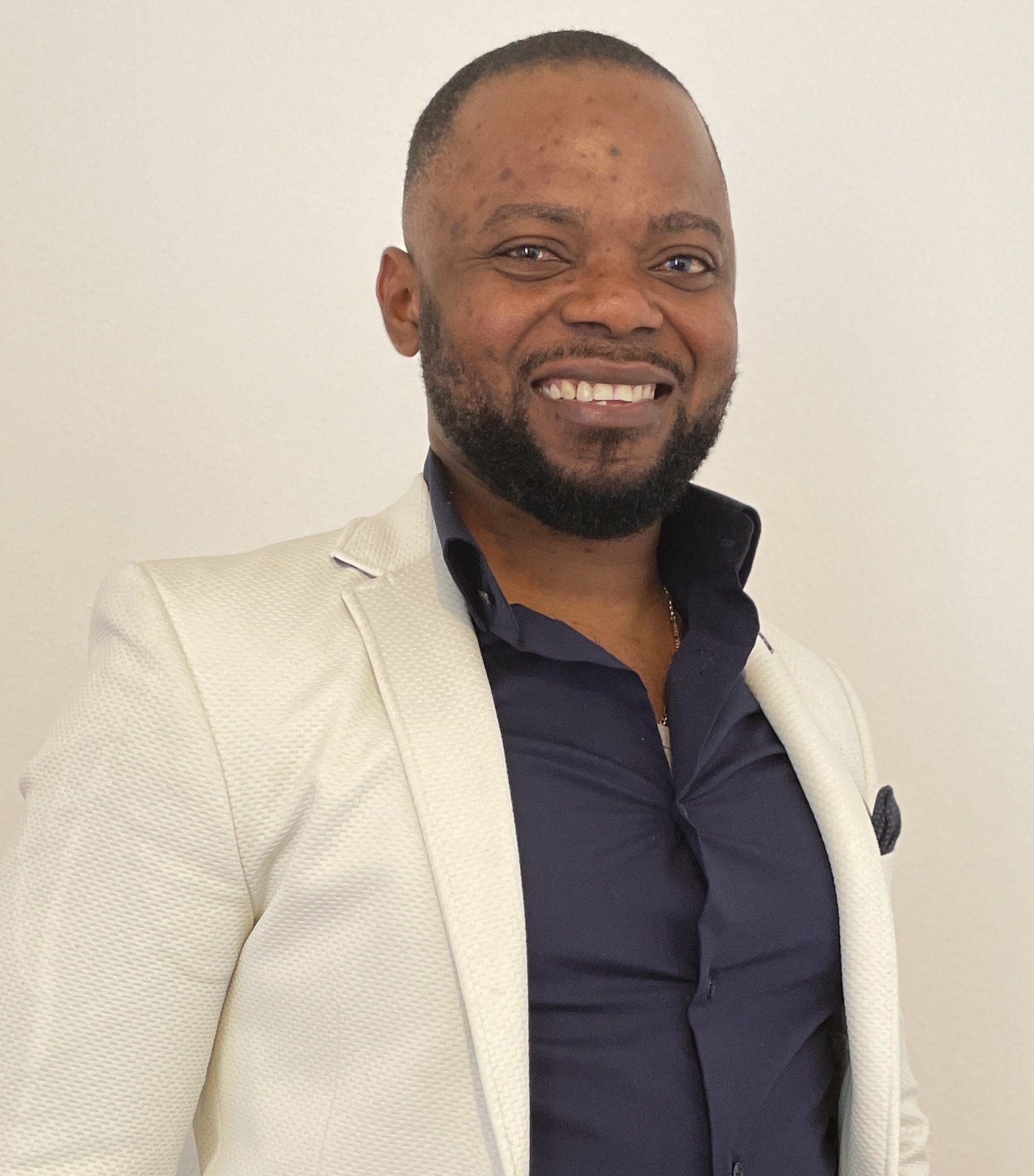
Mohammed Issifu


Antonio Cardona Barber
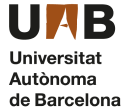

Joan Baucells
With a PhD in law from the UAB (Barcelona) with a thesis on crime by conviction (1999), he dedicated his first research work to this phenomenon. His publications in this field allowed him to win the extraordinary doctorate award. As a tenured professor at the URV (Tarragona), in the period 2000-2007, he joined the consolidated research group “Territory, citizenship and sustainability” and focused his research
on criminal protection of the environment. In this field he has published numerous works of national and international scope. On the teaching side, he was recognized with the Vicens Vives award for teaching innovation from the Generalitat de Catalunya for the subject “Law and prison” and the URV Social Council award for the subject “Environmental Legal Clinic”.
Since 2007 and up to the present, he has been teaching, researching and managing at the UAB (Barcelona) where, as part of the consolidated research group “Criminal Law and New Trends in Criminal Policy”, he has published preferably on the media and criminal law, criminal policy, economic crimes and criminal liability of legal persons. In total, he has published 30 journal articles, 22 book chapters, 3 monographs; He has participated in manuals and comments on criminal law and has been invited to courses and Masters at national Universities (Salamanca, Cádiz, Coruña, UNIA, Rioja) and international (Paris, Guatemala, Italy).


